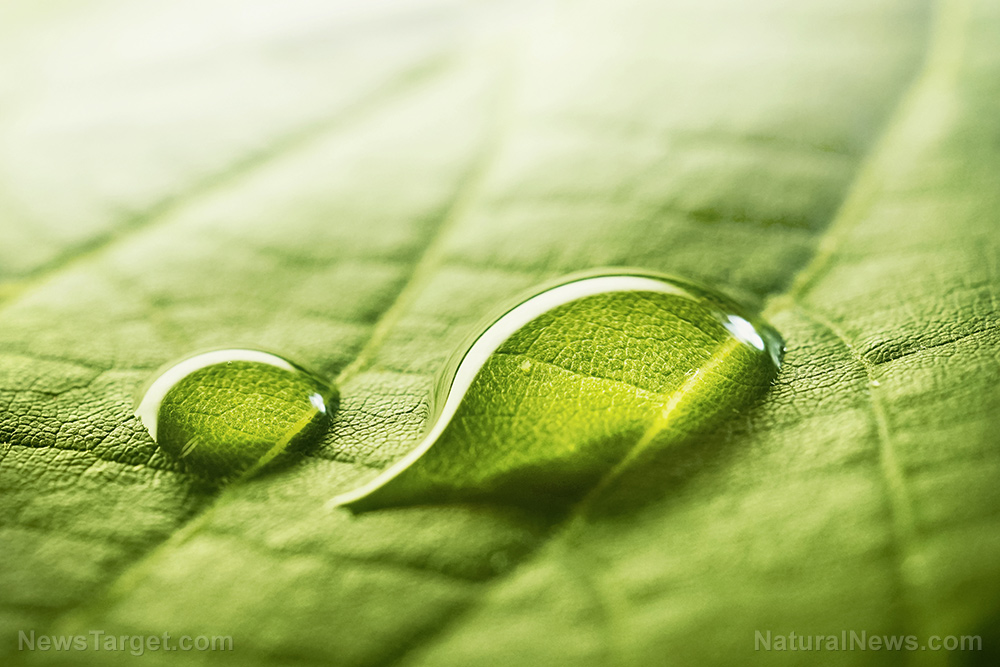
Amino acids are vital for both plants and the organisms that eventually consume the plants. The EPSP synthase is one of the enzymes that make these important organic compounds. For years, experts believed that amino acid production was its sole function.
Biologists from the Oak Ridge National Laboratory (ORNL) recently discovered that the enzyme has a second part to play in plants. During a number of experiments involving poplar plants, they came across a mysterious part of the EPSP synthase.
This part often underwent mutation. It also apparently controlled the effectiveness of genes that produced lignin.
The ORNL researchers believe this previously-unknown part could open up new potential for plant-based products that use lignin. Plants could become much more efficient sources of biofuels and bioproducts. (Related: Scientists develop “nanowood” that works like styrofoam for construction, but it’s lighter and stronger.)
Enzyme can make plants more efficient sources of biofuels and bioproducts
“At first, we thought it was a mistake, because the enzyme does not need to bind DNA to perform its known function,” said Wellington Muchero, an ORNL biologist. “We repeated the experiment multiple times and kept seeing evidence in the data that the same gene involved in making amino acids also regulates the function of genes involved in producing lignin.”
Muchero added that the regulation of the lignin-producing genes takes place at a higher level in the biological system of the poplar plant. He and his teammates also reported that certain mutant strains of poplar produced much lower levels of lignin depending on the environment they are grown in as well as the particular age of a tree.
Lignin is a tough natural polymer that makes up most of the woody part of a plant. It fills up the cell walls and makes it very difficult to break down plants.
Muchero's team studied the genetics of the poplar tree. They coaxed the development of mutant variants with lower levels of lignin. Reducing lignin make it easier to break down and process the wood into valuable biofuels.
Before the discovery of the EPSP synthase's hidden part, the only way to use the enzyme to decrease the production of lignin was to slow down its production of amino acids. Muchero explained that this approach is deadly to the plant, which is why many herbicides use that approach.
Amino acid-producing enzyme secretly regulates lignin production in plants
The ORNL researchers eventually noticed that the EPSP synthase took a different route. Normally, it would travel through the cells of the plant in search of the chloroplasts.
Instead, the hitherto unknown section of the enzyme lets it enter the nucleus of a cell. The EPSP synthase would then regulate the expression of genes. This ability allows the synthase to adjust the lignin production levels of a plant without killing the plant.
Muchero remarked that the secondary behavior of the EPSP synthase does not follow the standard behavior of plants. His team is still figuring out the origin of this function in poplar, but the enzyme is also found in other plants and behaves in much the same way.
The ORNL study is supported by industrial partners that want plants with certain amounts of lignin. Biofuel producers want less lignin content to improve the fuel processing, while bioproduct companies desire more polymers.
“Modified lignin in plants can lead to valorization of lignin and displacement of petroleum as a precursor for plastics,” predicted Muchero. “One day, drinking bottles or plastic toys may come from poplar plants.”
Read more articles about the hidden secrets of plants at Ecology.news.
Sources include:
Please contact us for more information.























